“Got a lot to be forgiven for, gave a lot of hell,” Bess Atwell sings on “Release Myself,” the second track of her upcoming album Light Sleeper. Her whimsical vocals float poised and steady atop a wall of rousing guitar riffs, as the Brighton, U.K.-based singer-songwriter reflects on the idea of total absolution — for her past mistakes, for the ways in which she’s abandoned herself before, for the anxieties she’s now learning to dissolve.
Light Sleeper is Atwell’s first full-length record since 2021’s stunning Already, Always, where her cutting and careful songwriting captured the attention of many, including the National’s Aaron Dessner, who then posted about her song “Time Comes in Roses” on his Instagram story.
“It’s rare that you find new music that really touches you and that you keep coming back to,” says Dessner in a conversation with Atwell and Rolling Stone. “And I kept coming back to Bess’s songs.”
That story-share ultimately blossomed into a full-blown, “dream come true” collaboration for Atwell, who has been a fan of Dessner since long before he became one of pop’s most in-demand producers and songwriters.
“He was always my pipe-dream producer,” she says. “He started working with really huge stars and I was like, ‘Well, I’m happy for him, but really not happy for me, because that was already an unrealistic goal and now it’s just gone. Never going to happen.’”
Still, she sent a DM asking if he’d like to hear some demos, and assumed he was just being nice when he accepted. “And then he was like, ‘Well, let me know if you need help making this.’ And I was like, ‘Really? OK,’” she says. “Aaron, I think you say you do one for the big guys so you can do one for the small guys. I think that’s just really admirable.”
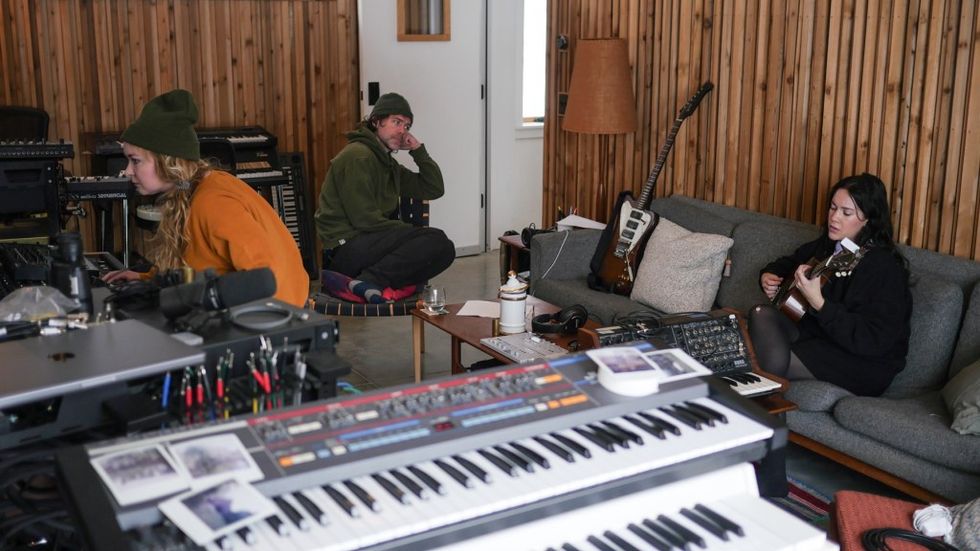
The two recorded Light Sleeper over five days at Dessner’s Long Pond studio in upstate New York. Both agree that they clicked instantly and got right to working on the 10-song collection every day, almost to the point of delirium. Dessner ushered in a handful of collaborators –– Big Thief drummer James Krivchenia, Beirut’s Ben Lanz, and frequent Sufjan Stevens collaborator James McAlister –– to track additional instruments. “I think I was slightly worried going into it that being a big fan of [Aaron] I would be very tense, but it was the complete opposite,” Atwell says. “I just loved being there. I didn’t want to go home.”
Dessner and Atwell talk about their dynamic with an air of mutual reverence. Atwell mentions her stubbornness and loyalty to certain demos on songs like “Spinning Sun” and “Crowds,” and Dessner’s willingness to honor parts of those demos in the final production. The inclusion of “I Am Awake,” a stomach-turning track about the terror that can surround love and disappointment, was a Dessner decision: “I thanked him for this song in particular when I was leaving Long Pond,” Atwell says.
“I honestly think the term producer is a little bit misguided sometimes, because it’s really about the collaboration,” Dessner says to Atwell. “In some cases, I might be learning as much or more than you’re benefiting from me. What you might do with a song that’s particular to your own artistry is what I find should be embraced, because that’s what makes you who you are. And then what I can bring is almost like a feeling, and maybe make it bigger or more fully realized. But I don’t need to reinvent the wheel.”
While Dessner and Atwell had palpable musical chemistry, the two also acknowledge that there was an unspoken trust around the personal themes of Atwell’s songs. “There’s this humanity and lyricism in Bess’s writing that immediately caught hold of my heart,” Dessner says of Atwell’s writing, citing her “wistful effortlessness.” “I’ve always been a fan of music which isn’t trying too hard to hit you over the head, or sort of lets you come to it on your own terms.”
The day of my conversation with Atwell and Dessner is also the day of North America’s first total solar eclipse in seven years – an event that leads many to look for signs of metamorphosis in themselves and others. It feels aligned with the content of Light Sleeper, which explores a novel phase of life for Atwell. She says she’s been relying less on anti-depressants, working with a new diagnosis, and resolving to extend grace to herself, no matter how hard that seems.
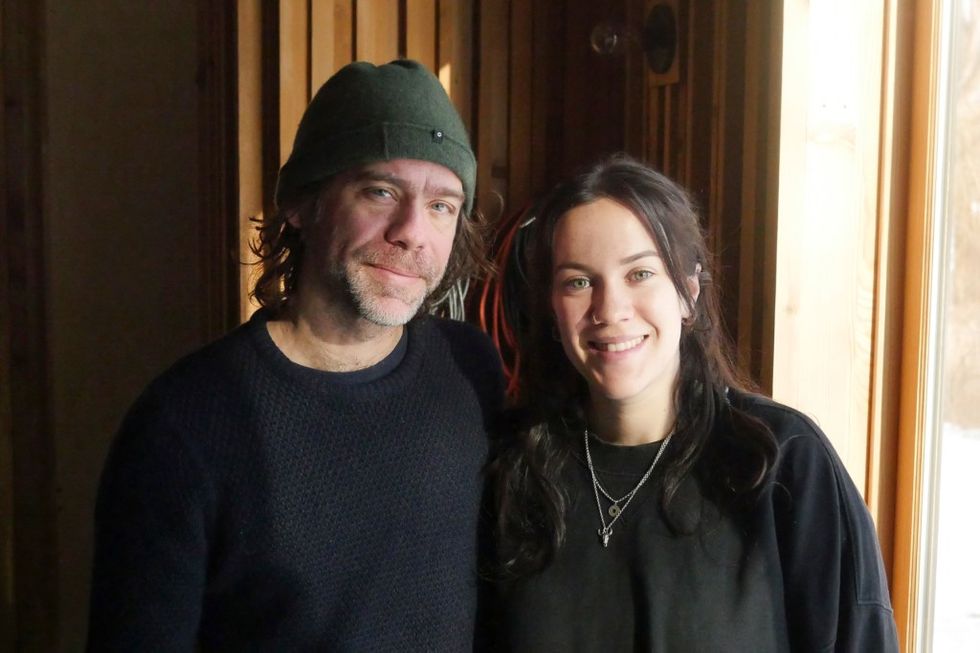
On the title track and album closer, Atwell sings, “I’m ready to be a light sleeper again/To wake up and feel everything/I can carry the weight of it.” It’s an act of quiet bravery for Atwell, who spends the tracklist mulling over her process of exorcising fear. “Lyrically, a lot of the album focuses on feelings of dissociation and wanting to feel alive and feel that warmth again, feel that rawness of life,” Atwell says. That openness can only be accomplished by remaining mindful and brutally honest, and Atwell masters it ambitiously on Light Sleeper.
Take “The Weeping,” a powerful plunge into her experience growing up alongside her younger sister Lola, who lives with high-support-needs autism. “I’m a walking open wound,” Atwell sings on the ballad, and it feels like a long-awaited exhale. She continues to explore domestic themes on “Sylvester,” a song she wrote about a childhood alter ego she conjured up to entertain her family, confronting the ways in which we often feel the need to perform even in front of those we “should” be most comfortable around.
“The album is an exploration of coming to terms with the fact that I have to help myself and stop waiting for life to get easier,” she says. “Because this is life, and it is messy, and family is difficult for almost everyone to varying degrees. And we have to be honest about that. It’s not shameful.”
In the time since she wrote the record, Atwell gained even more insight into her own psyche when she herself received an autism diagnosis, which she says felt like a relief. “It did a lot of good to help me just release myself of the guilt of always asking myself, ‘Why can’t I do this? Why is this so difficult for me?’”
At several points throughout our conversation, we mention the word “premonition” – Atwell believes the writing of Light Sleeper was an obvious one. “It was interesting listening to it and thinking, ‘I’ve written an album that I need now,’ but I wrote it two years ago,” says Atwell. “So it’s not like I’ve come to a place of resolution, but it’s quite interesting that there was a part of me that knew that I would need this album. And I’m still working through all the same things.”
While Atwell wrote Light Sleeper as she was tapering off antidepressants, she admits that the journey hasn’t been linear, and that her attempt wasn’t as clean-cut as she’d hoped. “To keep it very real, it just didn’t succeed in terms of tapering off them,” she says. “I think the important thing with that was that I was willing.”
Still, the album stands strong as an illustration of self-belief, compassion – for ourselves and others – and embracing everything that’s left unknown to us. “I was dipping my toe in like, ‘What would it be like to feel fully and not be afraid of my feelings?’” Atwell says. “So although the album is autobiographical, it’s slight fiction in the sense that it’s exploring an idea, and a possibility, and a hope for the future, rather than, ‘I’ve done it. I have the answers now.’”
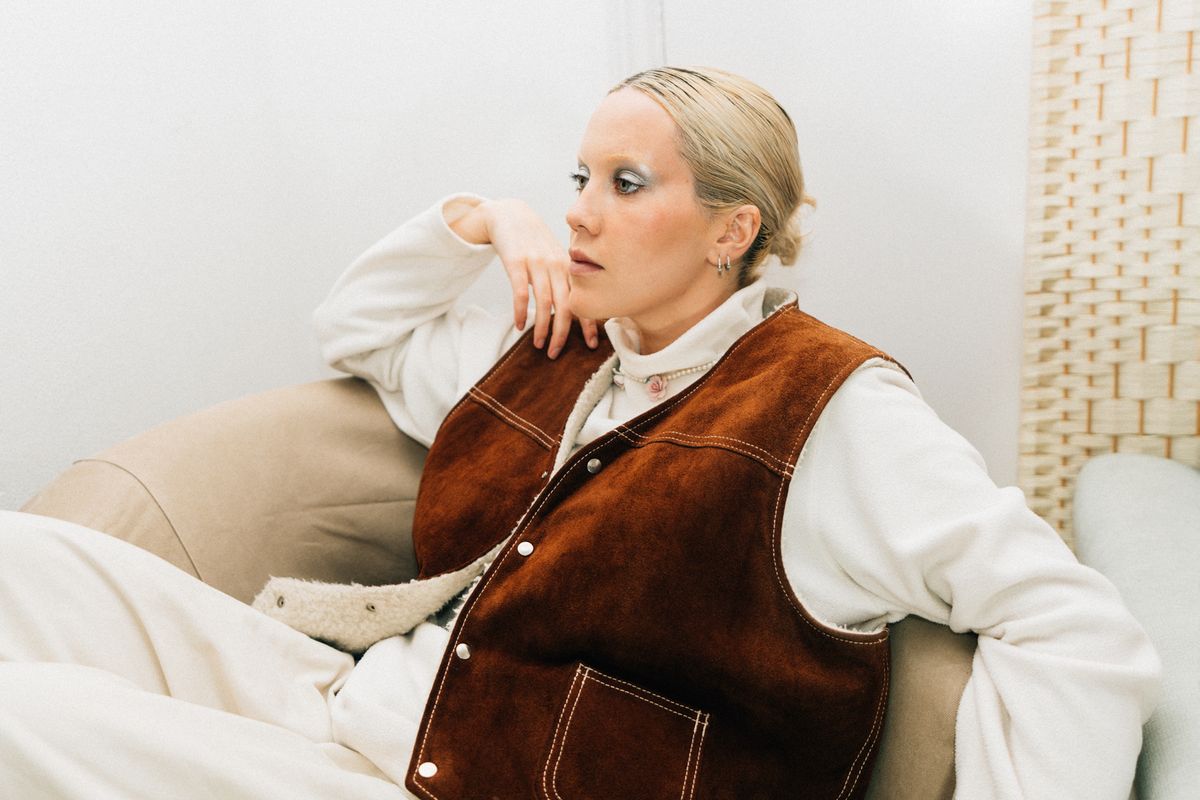





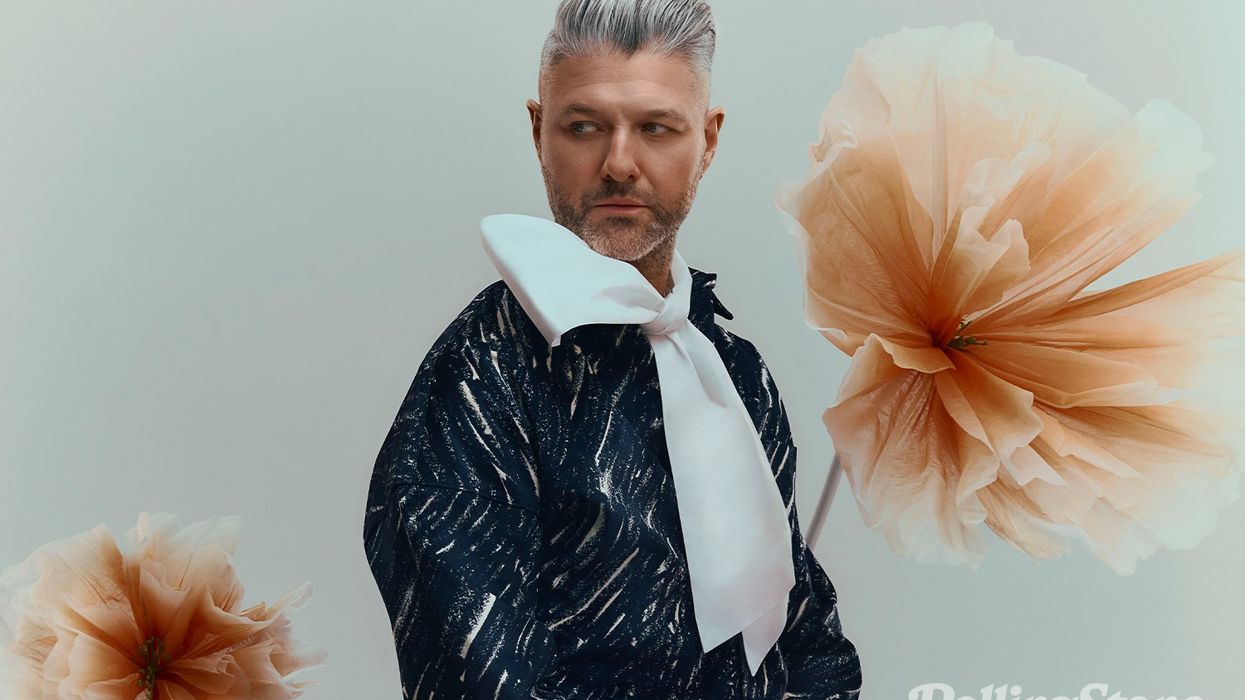
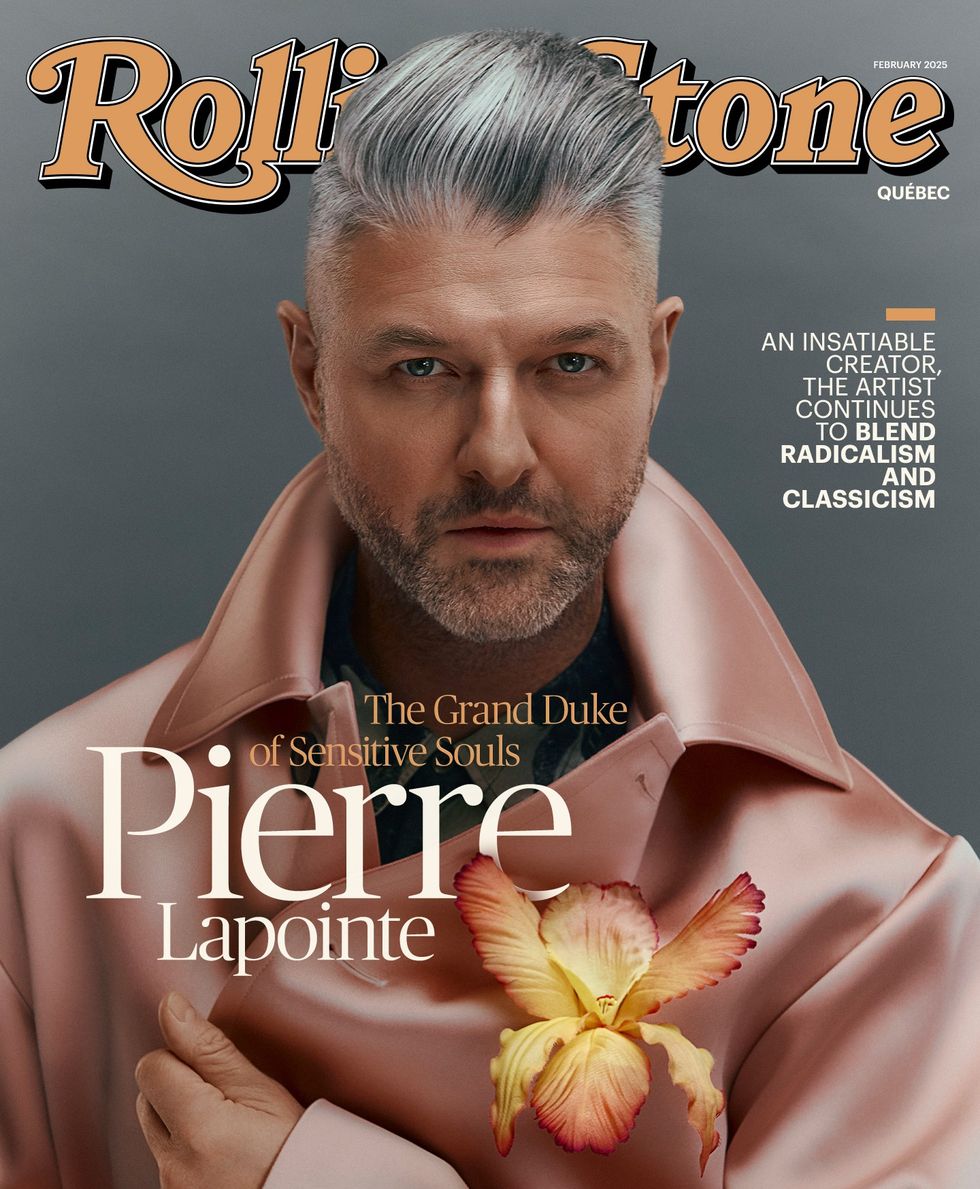 Coat (polyester and wool), shirt (silk), Dries Van Noten, SSENSE.com / Flower (silk), M&S Schmalberg
Coat (polyester and wool), shirt (silk), Dries Van Noten, SSENSE.com / Flower (silk), M&S Schmalberg
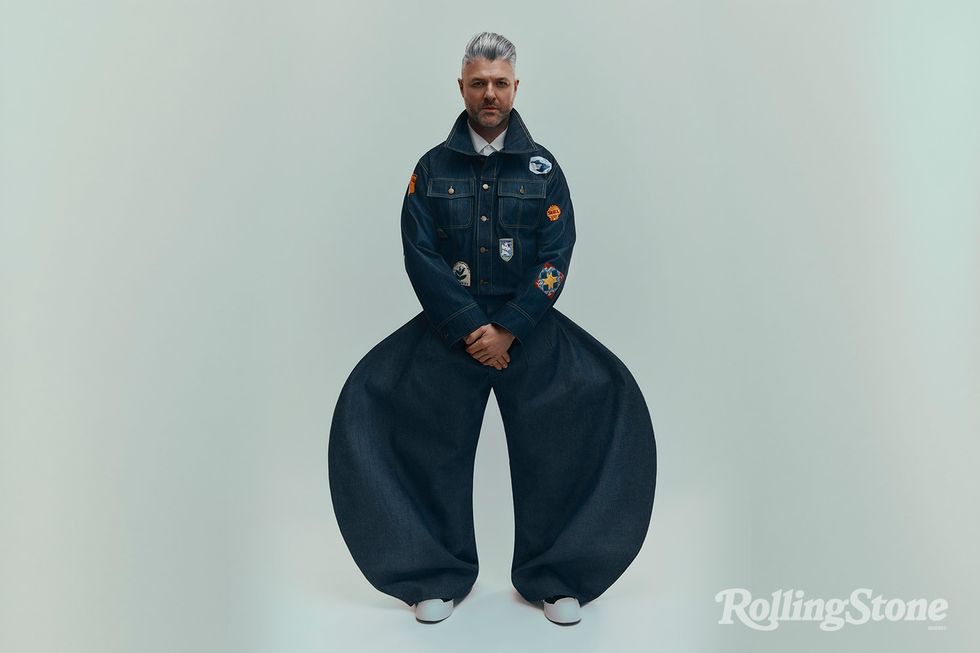 Blouson (denim and hand embroidered patches), WJ Crosson / Shit (polyester), Homme plissé Issey Miyake, Holt Renfrew/Pants from personal collection/ Shoes(canvas), Marni
Blouson (denim and hand embroidered patches), WJ Crosson / Shit (polyester), Homme plissé Issey Miyake, Holt Renfrew/Pants from personal collection/ Shoes(canvas), Marni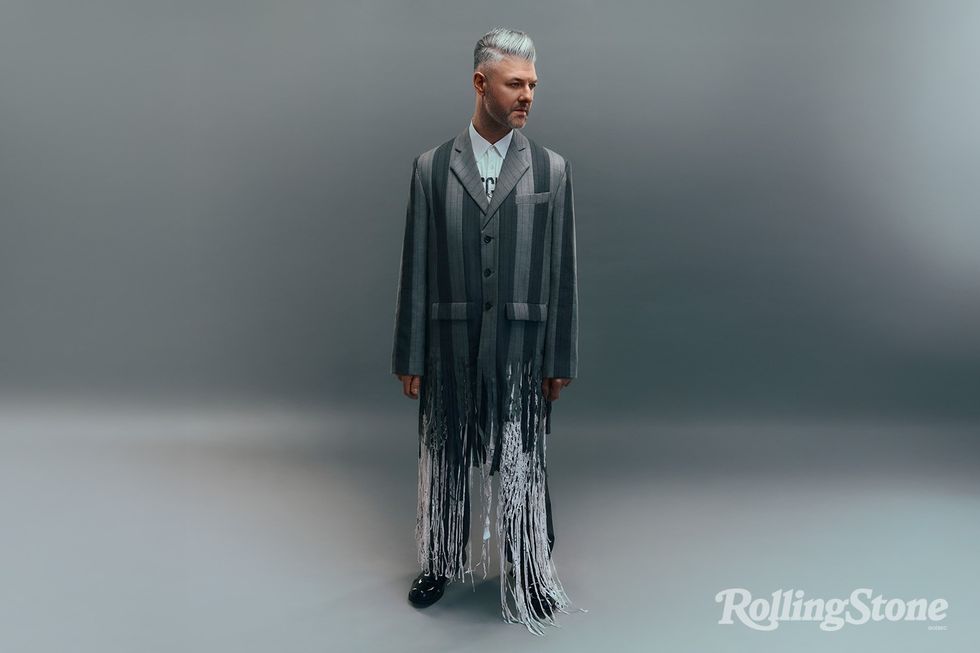 Jacket and pants (virgin wool), shirt (acrylic coated cotton), Moschino / Shoes from Pierre Lapointe's personal collection
Jacket and pants (virgin wool), shirt (acrylic coated cotton), Moschino / Shoes from Pierre Lapointe's personal collection
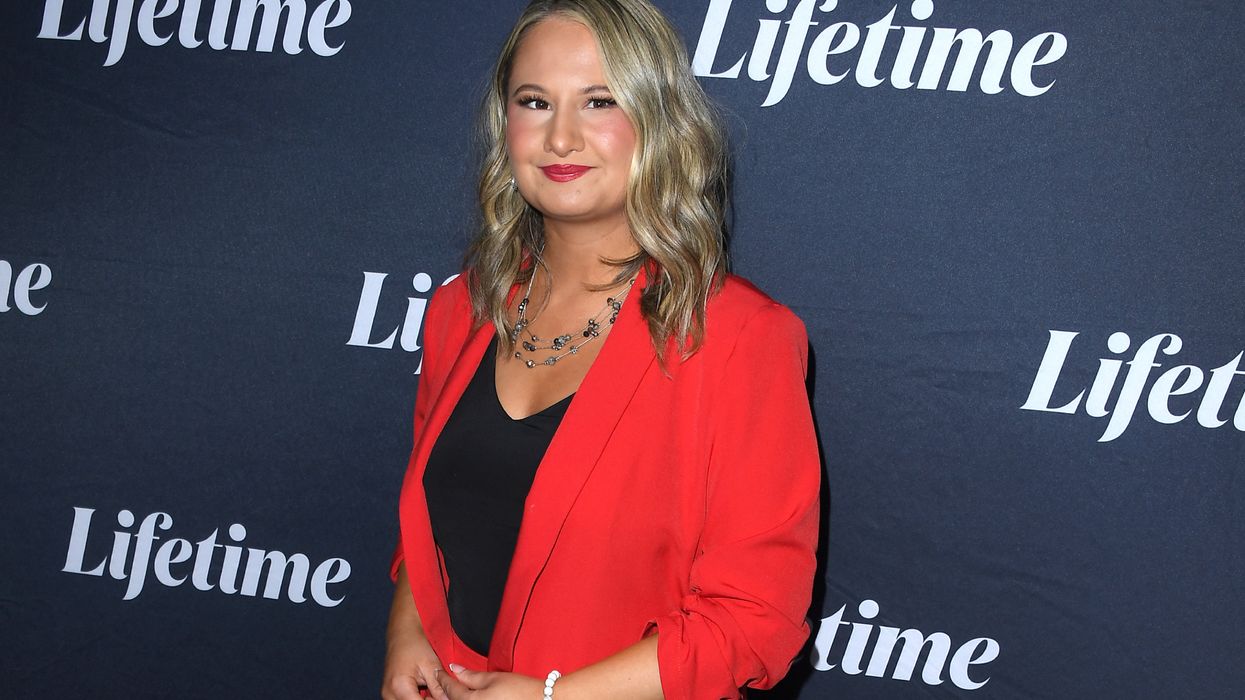

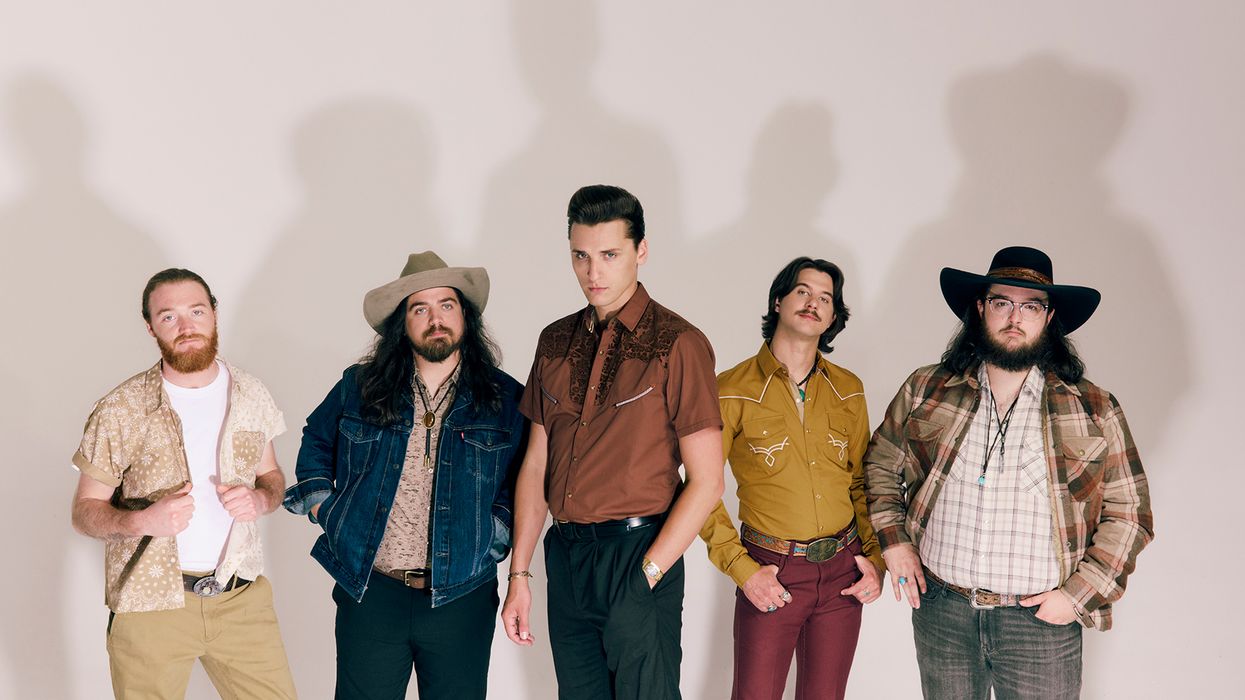
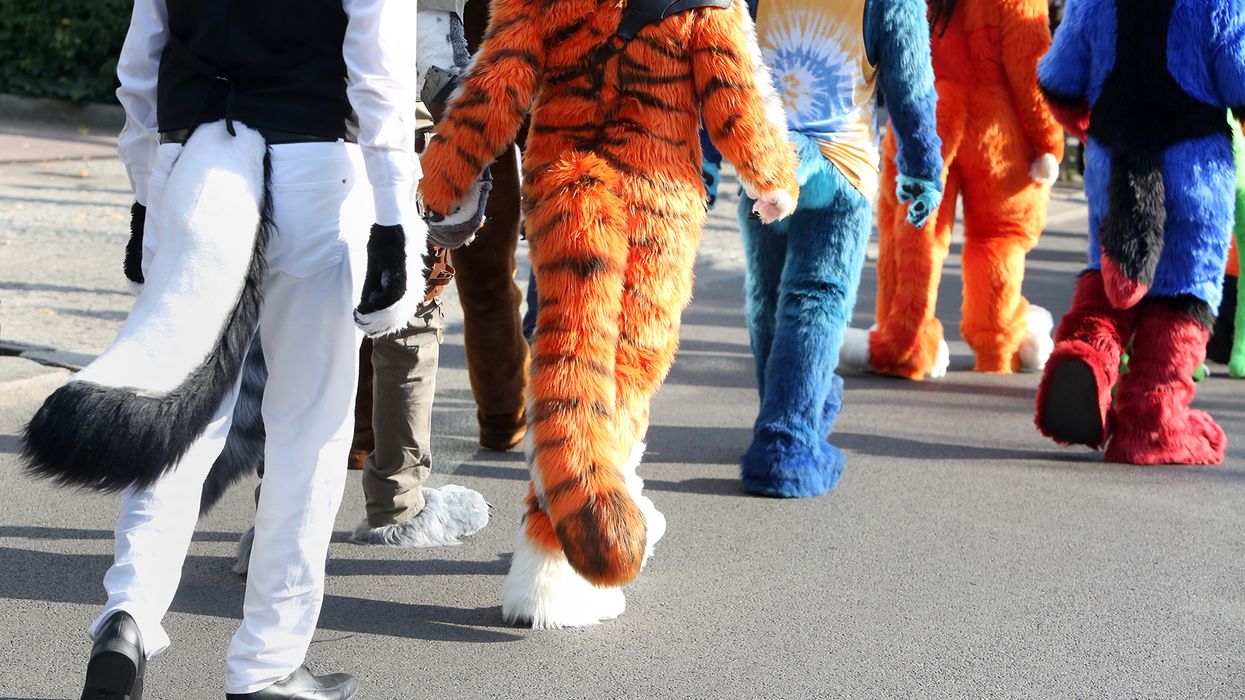


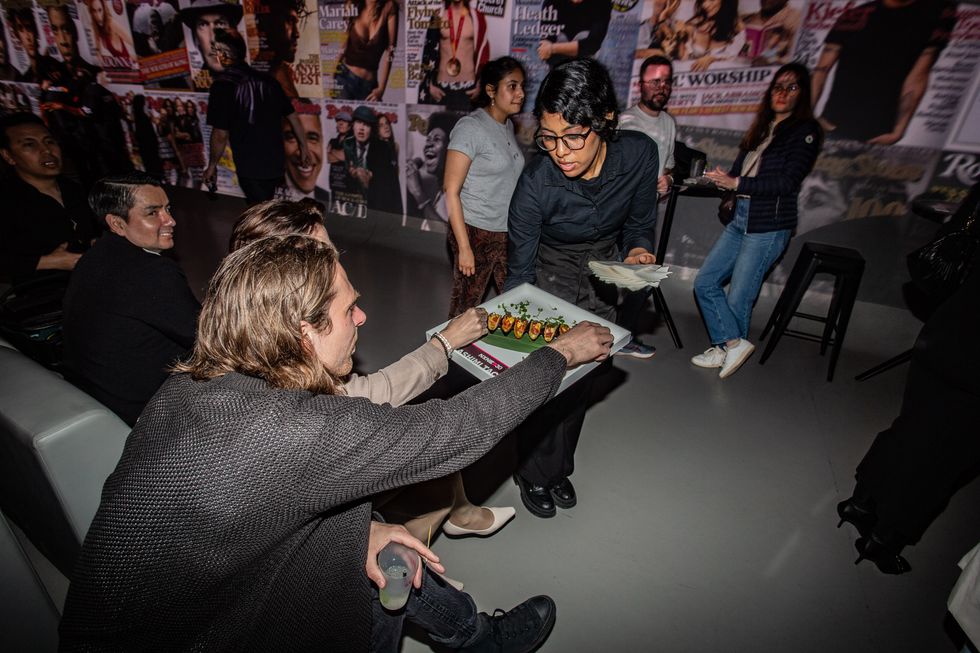 Catering Presented By The Food DudesPhoto by Snapdrg0n
Catering Presented By The Food DudesPhoto by Snapdrg0n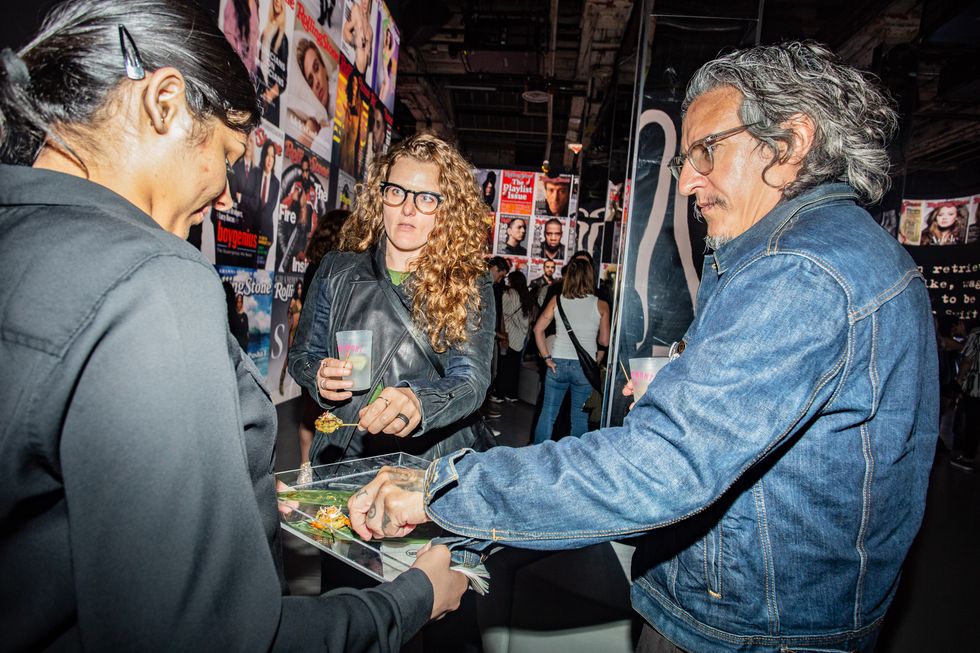 Catering Presented By The Food DudesPhoto by Snapdrg0n
Catering Presented By The Food DudesPhoto by Snapdrg0n Catering Presented By The Food DudesPhoto by Snapdrg0n
Catering Presented By The Food DudesPhoto by Snapdrg0n
 Photographer: Raphaëlle Sohier / Executive production: Elizabeth Crisante & Amanda Dorenberg / Design: Alex Filipas / Post-production: Bryan Egan/ Headpiece: Tristan Réhel
Photographer: Raphaëlle Sohier / Executive production: Elizabeth Crisante & Amanda Dorenberg / Design: Alex Filipas / Post-production: Bryan Egan/ Headpiece: Tristan Réhel Photo: Raphaëlle Sohier
Photo: Raphaëlle Sohier Photo: Raphaëlle Sohier/ Photo production: Bryan Egan/ Blazer:
Photo: Raphaëlle Sohier/ Photo production: Bryan Egan/ Blazer:  Photo: Raphaëlle Sohier/ Blazer: Vivienne Westwood/ Skirt :
Photo: Raphaëlle Sohier/ Blazer: Vivienne Westwood/ Skirt : 

